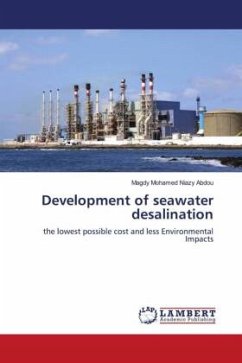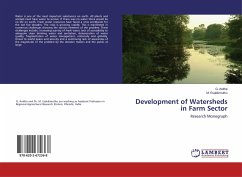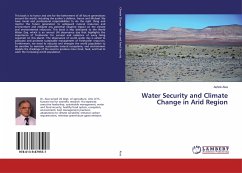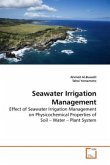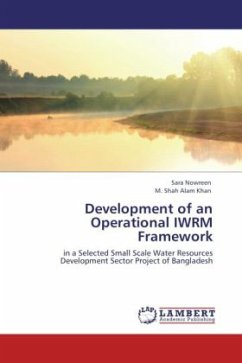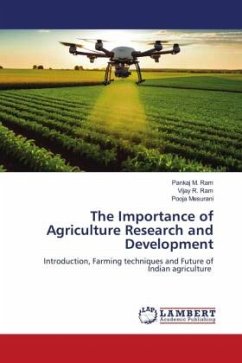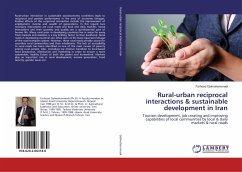we make our focus point on the North African countries that we know, along the line that extends from southern Tunisia to southern Marrakesh, the desert advances every year, and the reason for this is undoubtedly due to a severe reduction in trees and forests, especially In recent years .The extinction of the forest in North Africa is something that has an ancient history, dating back to the era of the priestess who became the south of the country (a burning land), as the people of the country say. From that time on, the desert line began to rise from the south to the north every year. Gradually the arable lands grow, burying them under the sand. And the land of the desert - in its origin - is nothing but green, fertile land suitable for agriculture, which days have transformed into what it is now, and it is serious about destroying it until the tragedy reaches its end, when it becomes impossible for animals to live there, after plants are unable to grow. We should Use atomic energy in desalination and using the resulting fresh water to irrigate trees in North Africa.
Bitte wählen Sie Ihr Anliegen aus.
Rechnungen
Retourenschein anfordern
Bestellstatus
Storno

